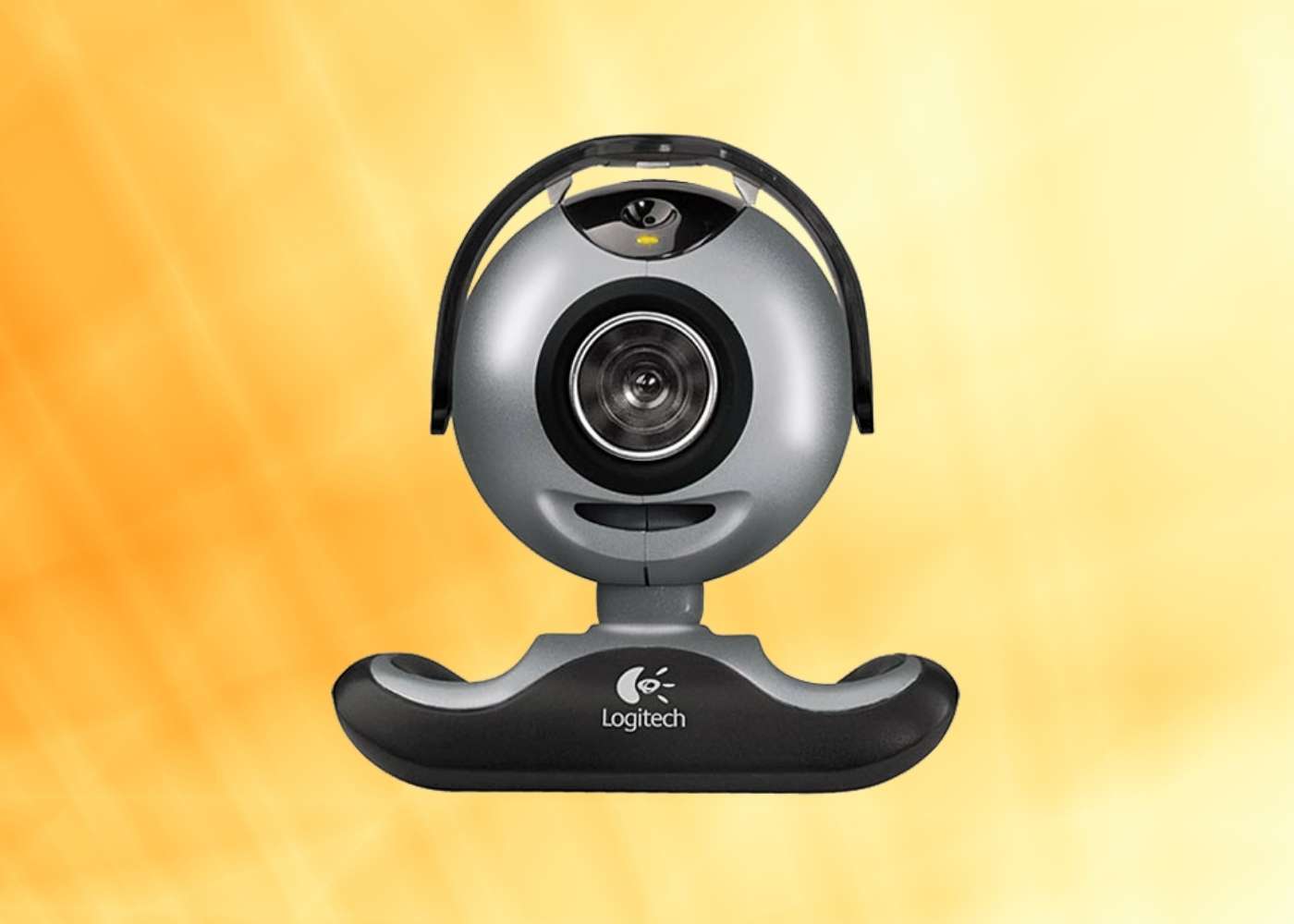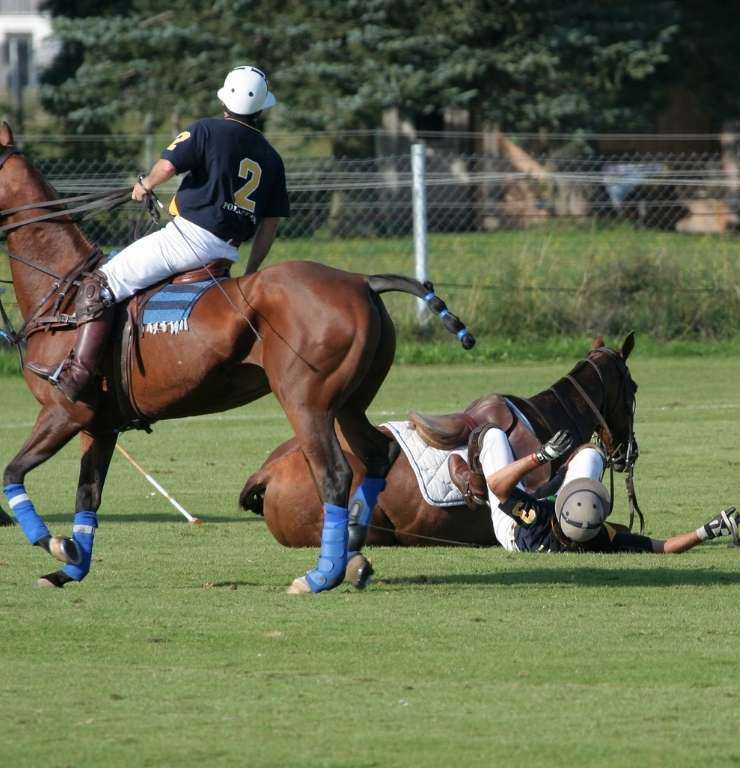
My Grandmother Was Right-“You’ll catch more flies with honey than with vinegar!”
oh, the number of favors I’ve been given, gifts I’ve received, and compliments I’ve heard for one simple reason: I’m polite on the phone, online, and in person. Why am I like this? Good upbringing certainly helps. I was taught to be courteous even if my opinion differs from someone else; to praise people when they’re doing their job well, and to always use “please” and “thank you.”
My dear friend is just the opposite. Whenever we’re together, she approaches any public interaction as one more potential problem. She brings that energy to whatever the situation may be (ordering food, asking for information, returning something) and more often than not, her tone is picked up on right away, and she puts people on the defensive. I’ve tried to tell her that she’s sending this message, but she can’t seem to help herself because I don’t think she can see and identify it.


Meanwhile, people have sent me:
– a new paper shredder (after my old one conked out)
– 3 different $25 gift certificates, 2 to Whole Foods, 1 to Target, just for telling the store manager how well they were running things (they always expect a complaint, which is sad)
– a total refund from a popular shopping site that rarely issues them (for $220.)
The salient point is that I never did anything in order to ‘be gifted’ I was just being myself, which includes being polite. i.e. “Why has my shredder stopped working, do you think? I’ve done all of the trouble shooting, but nothing’s helping.” Or: “I know your policy on refunds, but may I tell you XYZ., and “May I see the manager? I’d like to compliment them on the excellent service here.”
Far too often, people are quick to complain. It didn’t used to be this way, but it is now. Try the opposite approach when you next get a chance. Compliment, acknowledge, and praise. Everyone needs encouragement, now more than ever.

Five Confidence Boosts
Last month I presented a workshop to Millennials, and got the chance to ask them what qualities they most wanted for themselves, when speaking in public. They all said “I want to feel confident.” Many of them labeled themselves as “introverts” and I finally had to ask why so many of them were doing so. That’s when they told me about the book Quiet, and where this trend comes from. So I made a note of it, and just finished the book. Here’s what I think:
My heart goes out to the many souls who find themselves expected to be “on” when they’d rather blend in. With ubiquitous recording devices (we were right-Big Brother is watching!) it can be unnerving to try to intuit how to simply “be.” To feel free of self-consciousness is a gift everyone deserves to have. It makes life much easier, not to mention much more pleasant.
Confidence can be created, nurtured and grown. I know this from personal experience, as well as professional observation. There are many tips for this, and here are my top five for today:

1) Speak well of yourself, to yourself. “Self-talk” is incredibly influential on our mood and energies. Negative inner thoughts will play out, as will positive ones. The key is to tune in to them and pay attention. Sometimes it can be way too easy to jump on a train wreck of mental images of what we don’t want to happen. The law of attraction doesn’t care what images and ideas we have…so if we can’t protect ourselves from toxic thoughts, no one else can. Be kind and supportive to yourself, first.
2) Give yourself enough time to arrive on time. Feeling rushed is a confidence killer; it throws you off your game and puts you in a reactive mode, instead of proactive. The control you’ll experience each time you arrive somewhere on time (or early) will help stabilize your inner energy and feed your sense of self.


3) Stand up straight, pull your shoulders back. Too much screen time has given many of us a hunch in our posture. When we stand up and unfurl ourselves, we open up the rib cage and give our lungs more room to breathe. Deep, diaphragmatic breaths are an effective way to ground the whole body and feel calm.
4) Unplug yourself before going to events. It’s better to begin to gather a sense of yourself, physically and mentally, well before you arrive at the door of your next event. Too often, we use the final minutes just before a meeting or a networking event to cram in one more email or text. Real time requires your attention and presence, where the online tasks can often wait. Give yourself the best support you can, so you’ll be able to make the most of your face time with people.


5) Eat whole foods that keep your blood-sugar even. It might not seem related, but how well-nourished we are or are not plays a big part in how we feel and how we come across. If we haven’t eaten well, we might get light-headed, lethargic and dull-feeling. That energy will send a certain message, that can only get in the way of feeling steady and stable. And always drink plenty of water to stay hydrated.

One Common Mistake to Avoid When On Camera
A quick word on background when shooting a video: open bookshelves are a popular place for people to position themselves in front of, but I advise my clients against it.

Books & photos have a very “talky” energy to them, so while you might be focusing on your message, your audience can’t help but notice what’s going on behind you. That means your background is pulling focus away from you and onto itself.
A better choice is to place yourself in front of a simple setting that is uncomplicated and almost zen-like. A well-placed prop can go far…a healthy plant or beautiful object…candles, floral decoration, or a backdrop that you customize for your shoots. The goal is to make it easy for your audience to watch and listen to your every word, and not to try to make out the titles on your bookshelf.


For the Ladies: Stop Apologizing, Please
The other day, I decided to count the number of times I heard women apologizing in public, because I was hearing a pattern in the way women, in general, communicate. (disclaimer: here in NYC, though I suspect it’s ubiquitous)
Clearly, I already suspected that the count would be high, but I was stunned as the number rose so quickly.

The short bus ride into the city racked up eight “I’m sorry’s” in under five minutes.
“I’m sorry, is this the last stop?” “Sorry to bother you, can I sit here?” and then just plain “sorry” for handing the driver a $20. (By the way, it’s their job to make change.) The best was when the bus lurched, and I accidentally stepped on the woman behind me, and she apologized to me.
My next stop was a meeting of an all-female entrepreneurs group. Oh, the apologies were whistling around the conference room…prefacing questions with “I’m sorry” or coming in late and apologizing, getting up to leave and apologizing.
This has got to stop. Women do it far more often than men, and I just can’t see the point of it. It’s a reflex, said without literally meaning in, but conveying apology and regret just the same. For what? What are we really saying here? It might be construed as apologizing for merely existing, and is that really the message we want to send out to the world?
I think not. Save the words for when you truly mean them, and not as a disclaimer for opening your mouth in public. Our words have consequences, with the power to shape the future, so stop apologizing and start thinking about what you really want to say. It will change who you are, and strengthen your self-confidence.

Is Your Voice Pleasing to the Ear, or a Turn-off?
“The human voice is the organ of the soul.” Henry Wadsworth Longfellow
My client recently recorded his first-ever webinar and then sent me a copy to review. He did a fantastic job and I was amazed at how smoothly he executed his delivery, because as I’ve said before, webinars are a breed apart when it comes to presenting skills. I called him right away to congratulate him. And you know what? He hadn’t even listened to it, saying “I hate the sound of my own voice.”

“Really? Well, if you don’t listen to playback, how can you even know what you sound like?” He didn’t have an answer for that, but said merely that he’s always felt that way. And he’s hardly alone. Many people that I work with have said the exact same thing. I’ve realized that it’s not so much that people don’t like their voice, as they’re not used to hearing it, as odd as that might seem in these days of ubiquitous recording devices. But it’s true. So when they do listen to playback, they’re often surprised at what they hear, but that should never lead to the conclusion of “I hate the sound of my voice.”
Don’t get me wrong-some voices are grating and unpleasant-one woman I know has a strident, high-pitched voice that’s like fingernails scraping across a chalk-board. It’s hard to listen to and even more difficult to hear what she’s got to say because of it…BUT, the majority of people sound just fine. To help you get past any resistance, I encourage you to record a sample of yourself reading from your favorite literature, a book, song, poem etc. Focus on the meaning of the words, rather than the sound of them.
When you listen to playback, you want to notice a few things:
- Pitch of your voice- this means how high or low in your vocal register you are. When we get nervous, the pitch of the voice can go up, because our vocal chords are muscles, and when they get tense, they tighten up.
- Pacing-this refers to how quickly or slowly we speak. Again, when nervous, the pacing can often pick up to a point that it’s hard to follow the speaker.
- Upward or downward inflection- this is usually at the end of a sentence, and it means you are completing your thought on an up note, as if asking a question, or on a downward note, as in making a statement.
- Vocal fry- this drives me right around the bend. It’s when people try to sound husky and speak in an unnaturally lower register. It used to occur mostly among younger men trying to infuse a bit of gravitas into their sound, but now women are doing it too.
In these days of texting and emailing, the person who picks up the phone to communicate is ahead of the pack. You can convey and receive much more information using the voice…it’s more nuanced and you get the meaning of the words, but also the energy and intention that go along with them. Is your voice accurately conveying what’s in your soul, as Longfellow suggests?

Taken a Tumble Lately? Webinar Disaster Update.
Taken a tumble in life lately? Did it hurt or scare you? Most important, what did you do after you fell? How did you process the experience, and what did you learn? Did the pain ease, or is it still there?
When I confronted my techno-phobia a few weeks ago, and managed to scare myself even more than I’d ever thought possible (I was sweating gum drops!) I was able to get through it, calm down and keep my wits about me. However, it took a hefty chunk out of my central nervous system. I hadn’t really conquered my fear, merely confronted it.

All equestrians know that if you fall off your horse, you get up and re-mount immediately. If you don’t, the fear of falling can take hold and grow, and by the way, it hurts. With this in mind, I scheduled another webinar for the following week. It had to be done quickly, before I had too much time to think about it.
Webinars are a breed apart, when it comes to the many different ways to communicate our business messages. I’ve worked across all platforms and to host webinars or conduct online courses, and do them well, takes a combination of skill sets that humbles me. So I practiced a lot, and got familiar with the control panel for Go-to-Webinar; I wanted to fly solo for this one.
You know what? It was just fine…smooth execution, relaxed focus and able to be both “in the zone” but also have an eye on the panel that showed questions, raised hands, how much time I had left etc. I had control now, where I’d felt out of control before, and it was as exhilarating as it was empowering.
Moral of the story: “Don’t let your fears make you foolish.”

I Had a Panic Attack Before My Webinar on Stage Fright…Here’s How I Survived.
Oh, the irony! I decided to confront my fear of tech issues by hosting a webinar on public speaking, including how to be interesting and managing stage fright. I know that fear holds a lot of us back-in different ways of course, but it’s always getting in the way and never really helps a situation.
My wing man was in place, to help me manage the tech end. The platform was Go-To-Webinar, and I made sure to get in and do some rehearsals on my own, before a 4 pm start. That’s when I got myself into trouble. I started clicking things within G-T-W, and somehow locked myself out of my account, at 3:55pm.
So you know what I did? I panicked. I couldn’t think, or read the prompts on the screen, or even breathe. The very thing I’d been afraid of was happening and I was helpless. My wing man emailed me, saying he was locked out. My mentor called on the phone, to ask what was going on. All I could do was email back, “I am dying.”

Because that’s what it felt like. The wave of anxiety was…huge! When I finally got in, it was 4:09. My voice was shaking, and so were my hands, but I was in. I hit the record button and let everyone know the truth…that I was agitated and uncomfortable. Then I followed my own advice, by getting my breathing under control. Slowed it down, settled deeper into my chair, and regained control of my wits. Because I’d prepared the presentation, I was able to more or less follow my prep, with a few detours.
When it ended, I heard from some people right away, saying nice things. I couldn’t believe them until I watched playback (nerve-wracking) but it turns out that most of my nerves really don’t come across, which is what I’m always telling my speakers. The internal experience of stage nerves is always much more acute than what the audience perceives.
My husband wanted me to edit out my first few minutes of the webinar, because he thinks it makes me seem weak. I completely disagreed, and posted it on YouTube, precisely so people can see that we ALL have our moments that challenge and scare us. Just go with them, don’t fight, and keep breathing. You’ll be just fine.

Drinking and Speaking in Public.
Last night at a networking dinner, I was gratified to see that the keynote speaker made a point of waiting until after her speech to have a glass of wine, even as the rest of the room was cheerfully imbibing. As a physician, she clearly knew how alcohol affects motor control, and wisely opted to wait.
Still, I get asked the question fairly often- “Is it OK if I have a drink (or tranquilizer) to help me with stage fright?” My answer is two-fold:
- There are better, more effective ways of managing your anxiety. The first is to prepare thoroughly, including rehearsing and timing yourself. That alone will give you a sense of accomplishment and ownership.
- Herbal teas, Valerian root, Bach Rescue Remedies…I’ve tried them and found them to have a nice soothing quality (yes, I get stage nerves too.)
- But sometimes, some backup is useful. One client had an r/x for a beta-blocker, which is a drug that works to keep the heart rate steady. He asked if he could take it, and I told him that I’d rather him have it on him, and not need it, than to not have it at all. He ended up taking it one time, and then never needed it again.

Drinking is just not a good way to prepare for speaking in public. Your speech, your reflexes and your mental acuity all get involved. Is this how you want your audience to see you?
Let them see you shining your light, in all its undiminished strength and glory…then you can have a victory glass of wine!

Dressing for Public Speaking Success.
If you’re planning on giving a presentation or some other form of public speaking, you have to understand that before you can say a single word, what you’re wearing has already spoken for you. Whatever words you speak after are all heard within the framework of that first impression you made.
Do you know what your appearance is saying, or have you not given it much thought?
Too often, people tend to completely overlook this fact, and as a result they fail to take advantage of this competitive edge.

Here’s what I mean: If I’m presenting to a group of senior women in finance, then it behooves me to style myself as one of them. I’ll select wardrobe pieces that are well-made, and flatter my figure as well as my coloring. My hair will be styled, not just pulled back in a scrunchy. My shoes will be in good repair and make me feel both supported and empowered. And even if I showed up in the most expensive jeans, sneakers and a sweat shirt, it wouldn’t matter and they would not be inclined to take me seriously.
- Always check your outfit the day/night before you present, so you’ll have time to fix problems.
- Avoid the head-to-toe black look; it makes you blend in with everyone else (in NYC) at a time when you want to stand out. Try deep ruby, orange, canary yellow, soft pink, bright red etc. touches instead…a scarf, blouse, tie, belt, suspenders.
- Try not to get wrinkled…stand on the subway instead of sitting, take your jacket off and carry it, carry your blouse in a bag and change when you get to your venue.
When you’re presenting, think of it as “Show time” and not just another day at the office. Ideally, you’re going to entertain your audience as well as educate them, and that’s where you get maximum engagement.

And if it’s at all possible, get your cat to test it out.

Stage Fright.
“You manage your emotions or your emotions will manage you.” Basketball coach John Wooden
“You manage your stage fright or your stage fright will manage you.” Public Speaking coach Katie Karlovitz
There’s nothing worse than the terror of being in front of an audience and feeling helpless and out of control. Stress tests have clinically shown that the fear of going on stage equals the fear of going into battle, which explains the “fight or flight” response that so often kicks in before giving a speech. It’s time to confront this head on, because too many good people are being silent when they should be speaking up.

The first thing to understand is that this fear is a type of energy…nothing more or less. Einstein said “All is energy” and he was right. Unfortunately, many people are obsessing over the very thing they wish to avoid, which is a holy terror at being under the spotlight. But the law of attraction dictates that public speaking hell is exactly where they’re heading because that’s where their thoughts lead them.
So the challenge lies in handling the strong physical, mental, and emotional components that are acting on us; by harnessing the energy of fear we can re-direct it and point it squarely at what we want to happen, in this case, giving a confident delivery. Here are the antidotes to the toxic forces in play:
- Physical- the first, best defense is to get your breath under control. Once you do that, the rest of the body has no choice but to follow along. When we’re scared, our breathing becomes shallow, short and gulping for air. By slowing it down, we are able to manage it. Drop down into deep breaths from the diaphragm, inhaling on a slow count of five, holding that breath for five, and then releasing on a slow, controlled count of five. Repeat until you feel grounded and calm.
- Limit your caffeine on days that you’ll be presenting-you don’t need it on top of the adrenaline you’ll be releasing into your bloodstream. Same with sugar…you don’t want anything to be spiking your levels.
- Your mental game needs to be strong-this isn’t the time to allow stray thoughts in, because they can too easily be negative or judgmental and this will only get in your way. Stay firmly focused on your message, whatever it is that you believe is imperative to tell your audience. You can’t tell them everything you know, so make every point matter, stay in the moment and don’t get ahead of yourself.
- Emotional support is another key to handling yourself. Create a mantra that perfectly captures the results you’re aiming for. “I am cool, collected and confident.” “My message and my integrity are clear.” Try assuming an avatar that embodies the qualities you admire…it’s role play and can be effective and fun, too.
Coach Wooden got such spectacular results from his players because he knew how to focus their energies. He never emphasized game results, rather just playing to the best of each person’s ability. He made sure they were well-prepared, so they wouldn’t have to over-think things once on the basketball court.
This is the strategy I use when coaching people, and it works. Place your energy on your preparation, and the nerves will be put in their proper perspective and almost take care of themselves.
